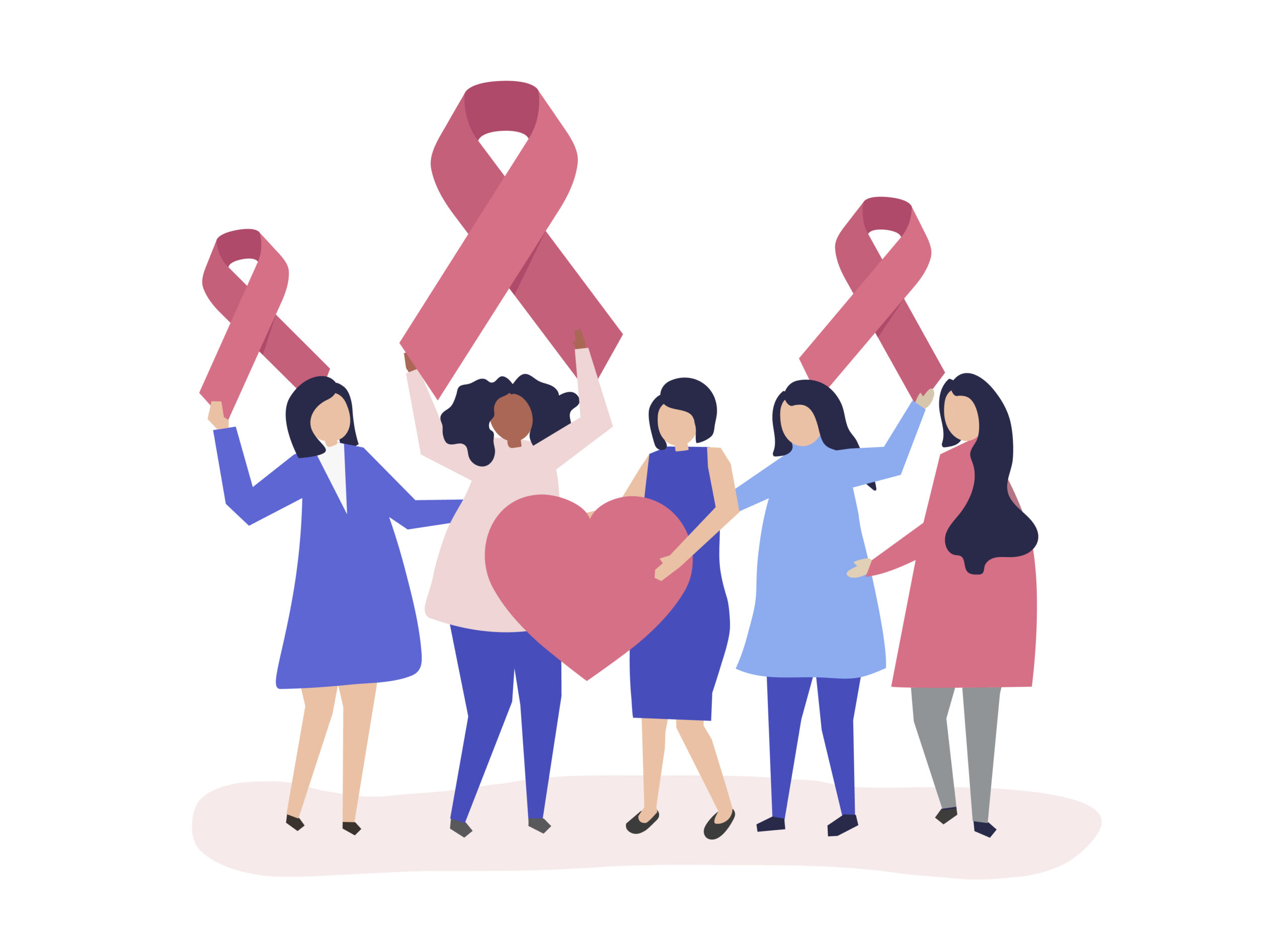Breast Cancer Survivors Research Study
Researchers at Johns Hopkins University are conducting a study to investigate sleep and weight loss intervention for breast cancer survivors.

Fast Facts

Ages 18+

Diagnosed with breast cancer in the past 10 years

Compensation Provided

Conducted in Baltimore, MD
Study Background
Johns Hopkins University researchers are studying sleep and weight loss interventions for breast cancer survivors.
This study looks at how sleep problems, weight loss, and overall health are connected for breast cancer survivors. Many in this group face significant sleep issues that can be worsened by the effects of cancer and its treatments. It’s important to understand how these sleep problems might impact weight management and health. By exploring the relationship between sleep quality and weight loss strategies, we hope to find ways to help improve recovery and quality of life for these survivors.
Research shows that not getting enough sleep can lead to weight gain and make it harder to lose weight, especially for cancer survivors who may already have changes in their metabolism and hormones. Understanding these links is key to developing effective solutions that promote both better sleep and weight management. This study highlights the need for a comprehensive approach to post-cancer care that includes sleep health as a vital part of recovery.

Study Background
Johns Hopkins University researchers are studying sleep and weight loss interventions for breast cancer survivors.

This study looks at how sleep problems, weight loss, and overall health are connected for breast cancer survivors. Many in this group face significant sleep issues that can be worsened by the effects of cancer and its treatments. It’s important to understand how these sleep problems might impact weight management and health. By exploring the relationship between sleep quality and weight loss strategies, we hope to find ways to help improve recovery and quality of life for these survivors.
Research shows that not getting enough sleep can lead to weight gain and make it harder to lose weight, especially for cancer survivors who may already have changes in their metabolism and hormones. Understanding these links is key to developing effective solutions that promote both better sleep and weight management. This study highlights the need for a comprehensive approach to post-cancer care that includes sleep health as a vital part of recovery.

Additional Information
This study aims to explore the relationship between sleep and weight loss interventions in breast cancer survivors. Researchers want to understand how better sleep quality may affect weight management, which is vital for health and recovery. The findings could enhance supportive care and improve quality of life for this population.
You may qualify for a study if you meet the following criteria.
Inclusion Criteria:
- Ages 18+
- Diagnosed with breast cancer in the past 10 years
- Have difficulties sleeping or diagnosed with insomnia
- Have overweight (BMI ≥ 25 kg/m2)
- Completed surgery and local therapy for for breast cancer >3 months prior to enrollment and any targeted therapy for at least 6 months (current endocrine therapy is allowed)
Exclusion Criteria:
- Current medications that cause sleep disturbances or weight gain/loss
- Currently enrolled in a weight loss program
- Sleep disorders other than insomnia (mild sleep apnea or treated sleep apnea is permitted)
- Study Duration: The study will last 14 months.
- Sleep Intervention: You’ll begin with 6 video sessions over 8 weeks focused on improving sleep quality.
- Weight Loss Intervention: After the sleep phase, you’ll take part in 27 behavioral weight loss sessions over 12 months.
- Assessments: Throughout the study, several measures will be taken, including:
- Weight, height, and waist/hip measurements
- Sleep diaries and actigraphy (a wrist device to monitor sleep and activity)
- Self-report questionnaires
- DEXA scan for body composition analysis
- Visits: You’ll have 5 in-person visits at the Johns Hopkins Bayview Campus and 1-2 monthly video coaching sessions lasting 20-30 minutes each.
Eligible participants can earn up to $250 for completion of all study procedures. Cost of parking will be covered.
There is no cost for you to participate in our research study.

